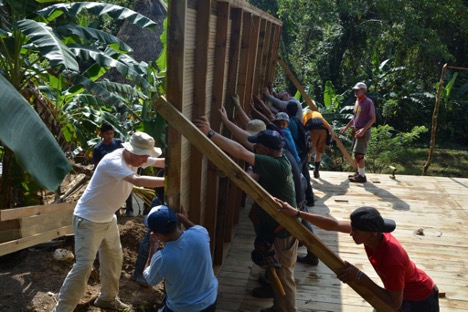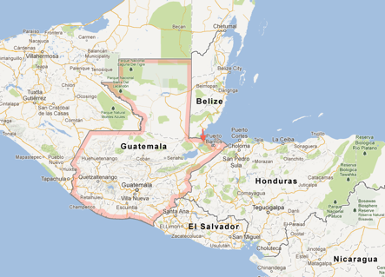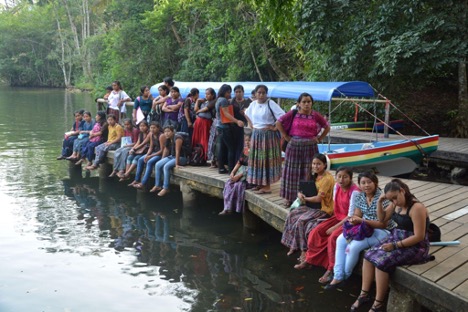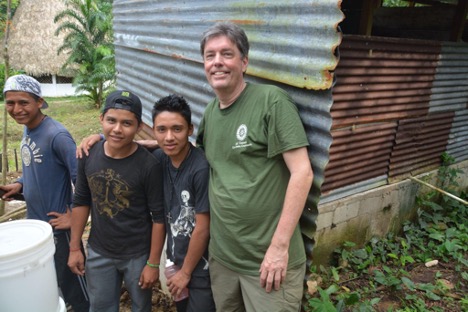Courtney McGovern
What is Charitable Giving?
‘“The old adage says that serving is any combination of dollars, time, and knowledge. For me, “giving back” is not necessarily being the founder of a new organization or being on the front line directly impacting those in need, but indirectly as part of the advisory team. Despite the hours sitting in meetings, there is substantial reward in helping organizations be more effective.” – Rob Davis
Meeting minutes, Robert’s Rules, emails, and agendas; These are the tedious tools of social impact that not many always come to know. However, Rob Davis has chosen this path to best utilize the talents he has to offer. Looking back at his upbringing, he can trace this wisdom back to his parents: “I think the idea of philanthropy is best summed up by the Rotary phrase: Service Above Self.. My parents followed that motto as they served and helped their five children throughout their lives. In addition, my father found time, outside of running a small family business, to devote many evenings to serving on village committees and boards…In 2015 my parents were honored as Philanthropists of the Year by the local community foundation – not just for the dollars they could contribute but also for the time and skills they devoted selflessly.”
Rob’s depth of giving in time, resources and talent paired with the direct service experiences he’s had has shaped the way that he defines charitable giving.
Direct Service
In a rural village in Guatemala, there is a school that is sturdier, more sound, and better equipped because of Rob’s labor. Rob reflected on his introduction to the school and experiences: “While working I didn’t have the time flexibility until I was 55 years old when I joined Rotary and began my own journey of Service Above Self. Being president of my club was fulfilling, but my most memorable Rotary experiences were participating in three mission trips to build and repair structures for a boarding school located in the rainforest of Guatemala serving indigenous Maya families so their children can break out of the cycle of poverty.
My last trip there was physically difficult because of the heat and humidity, but that was also my favorite trip because I had direct contact teaching English to the students. The smiles on their faces were precious. While I don’t travel to Guatemala any more, I continue to support ten students every year.”
Indirect Service
In Guatemala, Rob used hammers and wheelbarrows, in Door County he uses his wealth of financial knowledge, leadership, and council. Rob said: “When I retired I moved to Door County and became directly involved in several non-profits by joining their boards. I found that my skill set in finance is rather rare, which meant there was opportunity to use my knowledge. I became treasurer for five of the six years I served on the board at The Ridges Sanctuary. “Several years ago I joined the board of the Door County Community Foundation and then became treasurer at the beginning of my second term. Recently I joined the Ephraim Historical Foundation, which my grandfather co-founded in 1949, and to which my parents were also heavily involved. I’ve already pledged to be VP for two years followed by two years as president. In each of these I made my mark by moving the organizations to another level of sophistication.”
Many nonprofit organizations work with very limited budgets, especially for operating costs, and therefore often rely on volunteers and community members to donate their time and talent. It is people like Rob that help local community based organizations thrive and become savvy, sustainable agents of change.
Making a Donation
The improvements for the Guatemalan school, various Rotary initiatives, projects at the Door County Community Foundation–as diverse as these endeavors may be, they all share the common need of the generosity of others. Seeing the in’s and out’s of these organizations through his experiences has inspired Rob to be very intentional with his donations.
Rob shared: “I’m also blessed with substantially more assets than I need for myself. It is easy to give away money but not so easy to do it effectively. My annual giving seems to be more reactive than purposeful, but I’m working on that. For many years I’ve had a solid plan in place for my Estate but in the last revision of my Trust, I decided to inform the beneficiaries in my trust of my intentions to give, and I’m happy I did, not only because of the feedback I received, but also because the act of giving seems more real to me now than ever before.”
Rob’s holistic approach to local and global impact can easily serve as a model to all around him. He’s labored for the improvement of others’ lives and generously given in a variety of ways to better the communities he’s part of. He’s come to appreciate that the notes jotted down at a board meeting can be just as powerful as the improvements in rural Guatemala. Rob has proven that changing our communities is well within our reach when we each give our time, talent, and skills.
About Ak’Tenamit
Ak’Tenamit is a boarding school with a capacity of about 600 students, most of whom are indigenous Maya or Quechi people and travel by foot or boat to live on two campuses. The mission requires that roughly half of the students be female because it is believed that educating females is the best way to raise families above a subsistence living. Without this school, many girls are married and pregnant by 14 years old. The government of Guatemala funds schooling only through the sixth grade. Ak’Tenamit picks up from there to teach students skills in sustainable farming (difficult in a rainforest) or hospitality. For the latter, the school operates two restaurants – one in Livingston and another on the main campus; plus students receive 1000 hours of internship at hotels and restaurants scattered throughout Guatemala.
To learn more online, visit: https://thegtfund.org/
To donate by mail, all donations can be sent to:
Guatemala Tomorrow Fund – 501(c)3 designation
P.O. Box 3636
Tequesta FL 33469
Debora Kerr, exec director
561-747-9790
The school is called Ak’Tenamit and it’s located several miles up the Rio Dulce (river) where no roads or electricity exist. That territory is a rain forest, so everything is always hot and very humid even in “dry” periods. Hence, there are no closed buildings; all structures must allow air to flow through. Diesel powered generators are being replaced by solar panels (by Engineers Without Borders – EWB).
Students get to school via boat, here are some young women waiting for their ride to school.
Rob (pictured on left in white t-shirt) building bathrooms with indoor plumbing for the school.
Rob and his new friends in Guatemala that helped build the bathroom facilities.





